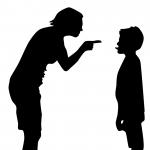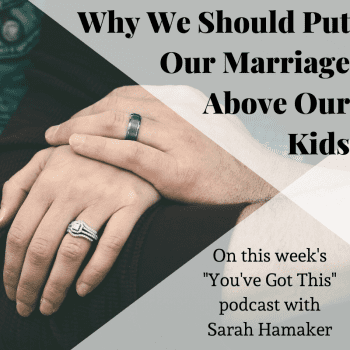
Every child experiences fear, whether it’s being afraid of the dark or thunderstorms, of heights or the monster under the bed, of roller coasters or dogs. Some children develop fears that appear irrational to adults and some kids develop fears that become debilitating. Having a fearful child can be tough for parents because it can be difficult to know how to guide our children through the fearful episodes.
“Tragedies, news stories, scary movies, scary stories or even just active imaginations all play into a child developing irrational fears when they can’t process or conceptualize the situation. Fears are a normal part of growing up,” said Donna Chambers, founder of SensaCalm.
“Kids develop irrational fears when grownups don’t talk to them or answer their questions about things like terrorism,” said Dr. Carole Lieberman, author of Lions and Tigers and Terrorists, Oh My! How to Protect Your Child in a Time of Terror. “Kids see terror attacks on TV and other media, and hear about it from their friends, who are similarly confused and scared.”
When my two boys were young (one a toddler, the other a preschooler), they both had a fear of costumed adults. Santa Claus, Curious George, Clifford the Big Red Dog, the local bank’s Cardinal mascot, the Easter Bunny, the Chick-fil-A cow—all sent them into spasms of terror, complete with high-pitched screams, trembling and a burning desire to climb up the leg of the nearest parent. No amount of talking, cajoling or soothing would help. The only solution was to remove the child as quickly as possible from vicinity of the costumed individual. As a result, we tried to avoid costumed people whenever possible, and realized that a trip to Disney World was not in our immediate future.
“Kids are highly impressionable and intuitive,” added Kalliope Barlis, who describes herself as “America’s # 1 Phobia Relief Expert.” “The reason a child develops an irrational fear is as individual to each child as is their initial experience creating their fear.”
Since kids are fearful at different things at different stages of life, there’s not a one-size-fits-all approach parents can take to alleviate the fear. However, there are some general guidelines for what parents should—and should not—do when it comes to a fearful child.












